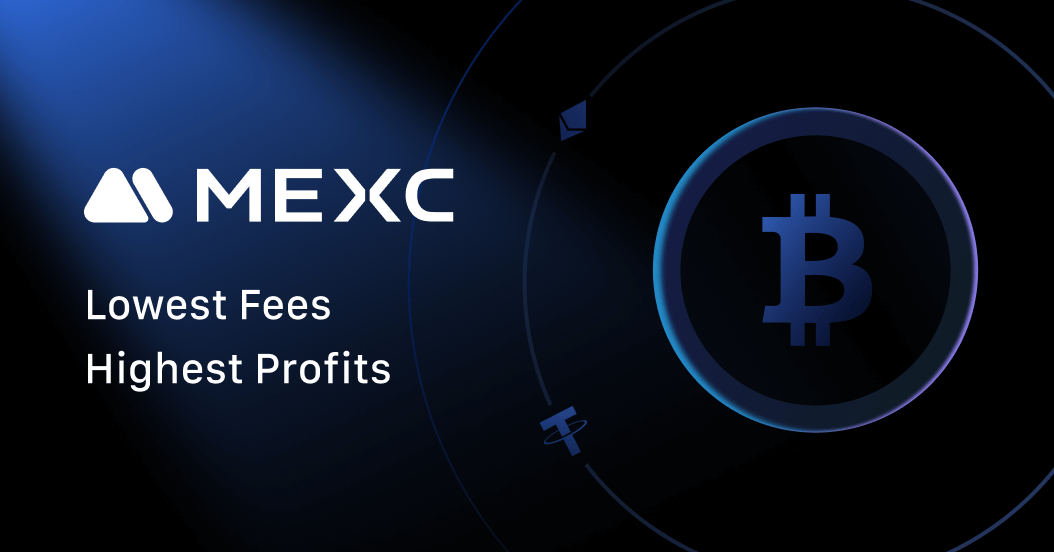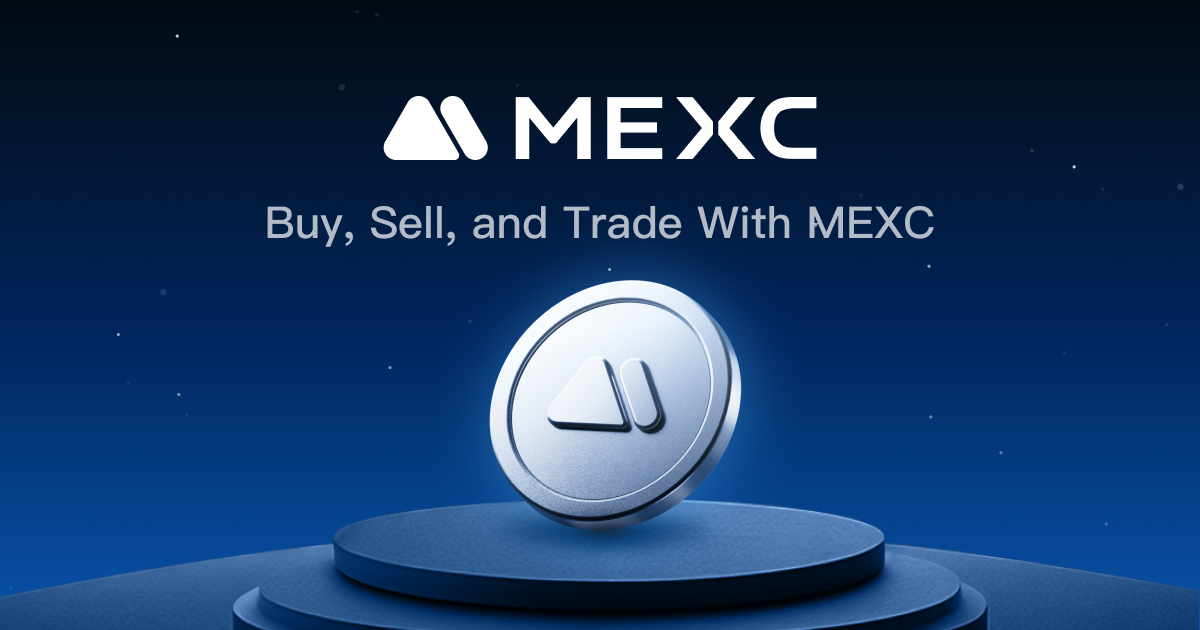
6 minute read
Is MEXC Banned in India? What You Need to Know
from MEXC
by Exness_India
No, MEXC is not officially banned in India. However, Indian users face certain restrictions and regulatory challenges when accessing or using the platform. If you are an Indian crypto investor or trader wondering about the status of MEXC in the country, here’s a comprehensive breakdown of the current situation.

✅ Trade with MEXC now: Open An Account 👈
What Is MEXC?
MEXC (formerly MEXC Global) is a centralized cryptocurrency exchange launched in 2018. Known for offering a wide range of cryptocurrencies, futures trading, staking options, and low trading fees, it has become a popular choice among traders worldwide. The platform supports over 1,500 digital assets and frequently lists new tokens, including many meme coins and emerging projects before major platforms do.
Is MEXC Legal in India?
MEXC is not officially registered with Indian regulators such as the Financial Intelligence Unit (FIU-IND) or the Securities and Exchange Board of India (SEBI). While this doesn’t make it outright illegal, it does put the platform in a grey area of Indian crypto regulation.
India has not banned crypto trading, but it has made it clear that crypto businesses operating in India must register with the FIU and follow anti-money laundering (AML) and Know Your Customer (KYC) regulations. MEXC has not done so, which puts it on shaky legal ground.
In early 2024, the Indian government issued compliance notices to several offshore exchanges, including Binance, KuCoin, OKX, Gate.io, and MEXC, for failing to register with the FIU. Some of these platforms were later geo-blocked or restricted for Indian users.
So while MEXC is not explicitly banned, it operates without regulatory approval in India. This means Indian users can technically access it, but they do so at their own risk.
Has the Indian Government Blocked Access to MEXC?
Yes, access to MEXC has been restricted in some regions of India. Following FIU notices in late 2023 and early 2024, the Indian government requested internet service providers (ISPs) to block URLs of non-compliant exchanges.
As a result, many users report being unable to access MEXC’s website directly through standard internet connections in India. However, these blocks are not always consistent and can vary depending on the ISP.
Some users bypass these restrictions using VPNs (Virtual Private Networks), but this introduces its own set of legal and security risks.
Is It Safe to Use MEXC in India?
From a technical perspective, MEXC is considered a reliable and secure platform. It has not suffered any major hacks, and it offers features like:
· Two-factor authentication (2FA)
· Cold wallet storage
· Regular smart contract audits
However, for Indian users, the safety concerns are more about regulatory risk than technical flaws.
Here’s what you need to consider:
1. KYC and Account Freezing: Since MEXC does not follow Indian KYC norms, your account might be subject to scrutiny in the future. If Indian authorities tighten enforcement, there is a risk of assets being frozen or withdrawals being blocked.
2. Tax Implications: India imposes a 30% tax on crypto gains, and 1% TDS (Tax Deducted at Source) on each transaction. Using a foreign platform like MEXC makes it harder to comply with tax reporting, and you could face penalties for non-disclosure.
3. No Legal Recourse: If MEXC restricts your account, you cannot file a complaint in India, as the platform isn’t registered under Indian law. You’re essentially using a foreign service with no local consumer protection.
Why Do Indian Traders Still Use MEXC?
Despite regulatory uncertainty, many Indian traders continue using MEXC due to several advantages:
· Early access to new tokens: MEXC often lists new and trending cryptocurrencies before Indian exchanges.
· Low trading fees: MEXC offers competitive fee structures, especially for futures trading.
· No strict KYC: Some users prefer the relatively lax verification process compared to Indian exchanges.
· Futures and Leverage Trading: Indian exchanges are limited in derivatives offerings due to regulatory restrictions. MEXC provides high leverage options, attracting more risk-tolerant traders.
Still, these benefits come with legal grey areas and compliance challenges, especially as the Indian government tightens its grip on offshore crypto platforms.

✅ Trade with MEXC now: Open An Account 👈
What Are the Alternatives to MEXC in India?
If you’re looking for fully compliant options, consider the following exchanges registered with Indian regulators:
1. CoinDCX
2. WazirX (though its status has fluctuated)
3. ZebPay
4. CoinSwitch
5. Giottus
These platforms follow FIU and AML guidelines, making them legally safer to use. However, they often lack the variety of tokens or advanced features MEXC offers.
Some Indian users also use Binance, Bybit, or KuCoin via VPNs, although this carries similar risks to using MEXC.
Is Using MEXC via VPN Illegal in India?
Using a VPN is not illegal in India, but using it to access a restricted financial service like MEXC may be viewed as an attempt to bypass government controls.
There are no direct laws punishing individuals for using foreign crypto exchanges, but you may violate:
· Tax compliance rules (by not declaring offshore gains)
· FEMA (Foreign Exchange Management Act) rules
· Anti-money laundering (AML) protocols
If the Indian government takes a stricter stance, users could be investigated for capital flight, tax evasion, or money laundering.
In short, while using a VPN to access MEXC is common, it is legally risky and not recommended for the average investor.
What Should You Do If You Already Use MEXC in India?
If you’re currently using MEXC in India, here are some steps to reduce risk:
1. Withdraw funds periodically: Don’t keep large sums in your exchange wallet.
2. Report all income: Declare your gains in your income tax return, even if earned via foreign exchanges.
3. Avoid large volume trading: This minimizes the chance of drawing attention from regulators.
4. Use secure VPN services: If you choose to access MEXC, ensure your VPN is reliable and doesn’t leak data.
5. Stay updated: Follow FIU and Ministry of Finance announcements to avoid surprise crackdowns.
Will MEXC Be Banned in the Future?
There is no official announcement of an outright ban on MEXC, but the trend in Indian policy points toward increasing regulation and enforcement.
Unless MEXC decides to register with Indian authorities and comply with the FIU, it may face further blocks or legal restrictions.
India is not banning cryptocurrency outright but is pushing for greater transparency, taxation, and control over capital outflows. Platforms that do not comply with these goals are likely to be squeezed out through access restrictions or legal notices.
Final Verdict: Is MEXC Banned in India?
No, MEXC is not officially banned in India — but it is restricted. It operates outside the scope of Indian regulations, and the government has taken steps to block its access.
If you’re using MEXC from India:
· You're not violating any explicit ban, but
· You are operating in a regulatory grey area, and
· You may face legal complications in the future.
For casual investors or those prioritizing compliance, it’s safer to use FIU-registered Indian exchanges. But for advanced traders willing to accept legal risk and technical hurdles (like using a VPN), MEXC remains accessible — for now.
✅ Trade with MEXC now: Open An Account 👈
Read more:








